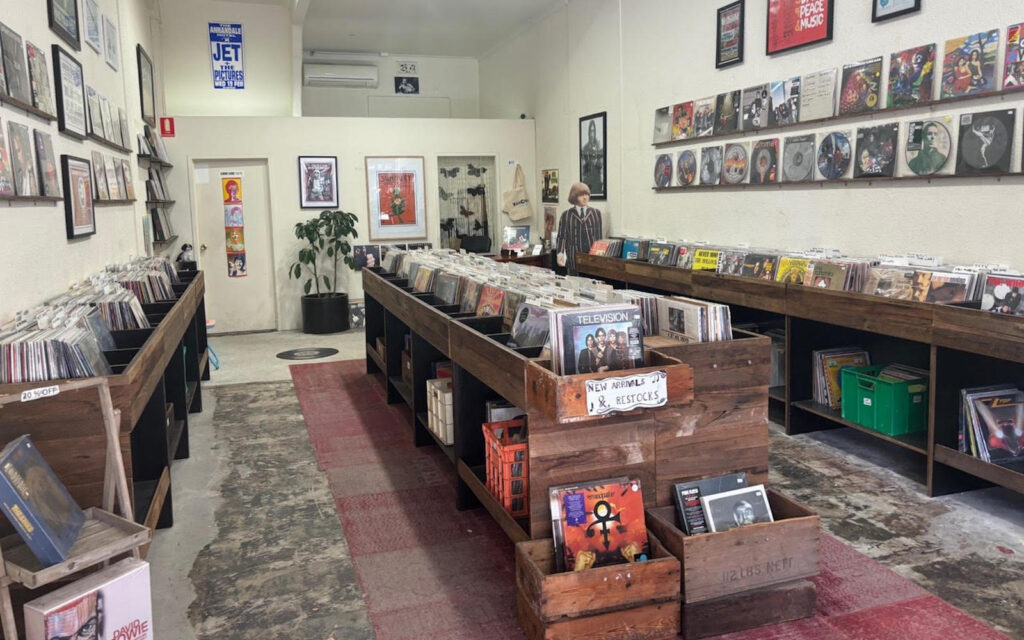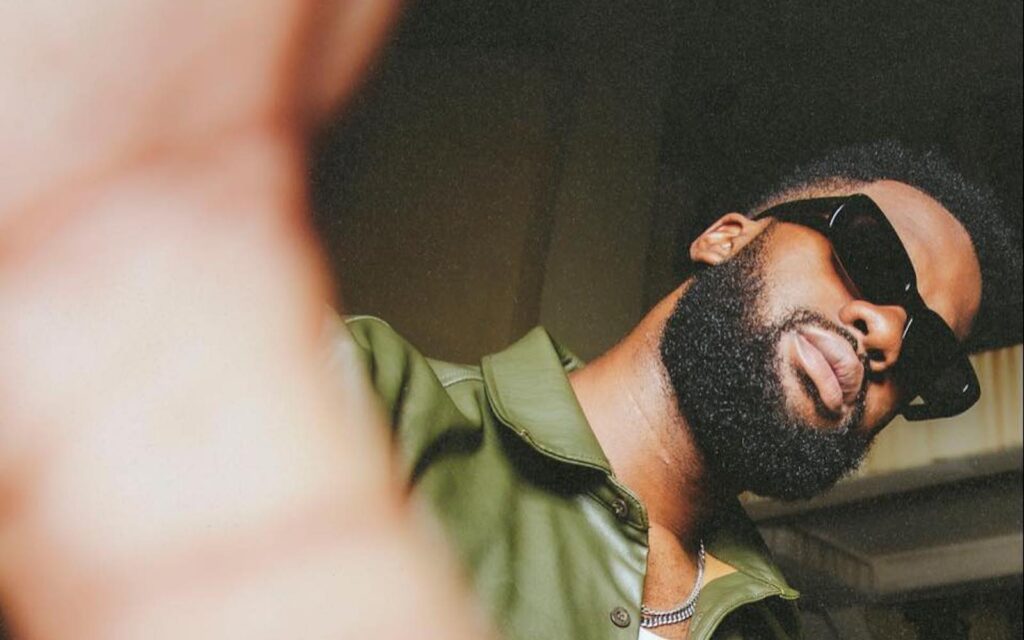“The last record was definitely my attempt to try to re-create the classic albums that I grew up with – that styling of music of the late ‘60s/early ‘70s,” he says. “Definitely a lot of the arrangements and a lot of the tones were attributed to paying homage to that era of music.”
The 27-year-old American songwriter has managed to attract a considerable following while actively honouring his musical inspirations. His growing popularity is additionally impressive given that his first two records were self-released. Stone’s third album is almost ready to go and he’s now in cahoots with a record label.
“I took the big leap into the big machine and I’ve signed with Capitol Records,” he reveals. “I just finished my new record. We don’t have a release date yet but you’ll definitely be seeing a single out in the near future.”
With Capitol’s hefty wallet backing him up Stone might’ve been tempted to repeat the tributary format, only with grander production details. However, it seems he had something else in mind.
“On this record it’s probably more of a signature sound that I’m going for,” he says. “I want to find my voice. Music is kind of all recycled, I think. We’re all doing the same notes that we’ve always been doing, but I think that you can keep it current by attempting to find your individual voice.”
Obviously, finding your own voice is not as simple as just opening your mouth and letting rip. Rather, it necessitates honing-in on what’s uniquely yours. “When you’re heavily influenced by Donny Hathaway and Stevie Wonder,” Stone says, “there’s always that [thought], ‘Hey what would Stevie do in this situation? What would Donnie sing in this scenario?’ When I’m attempting to find my own voice it’s like, ‘What am I going to do?’ It’s not so much trying to figure out the blueprint of what somebody else did, it’s more so attempting to find your own intuition.”
Being self-reliant certainly involves facing some intimidating decisions, but one is also at liberty to explore widely through creative possibility. “If you’re paying homage to somebody you never want to fuck it up,” Stone says. “You don’t want to mess up what they would normally do or cause them any dishonour. When you’re trying to find your own voice, obviously there’s self-doubt, but it’s also very freeing because you’re like, ‘You know what? This is just me and hopefully people like it.’ And if not then you’re shit out of luck but at least I was true to my own self and my own spirit.”
Stone grew up in the rural Washington town Chewelah, with his father working as a Christian Preacher. Being around the church from a young age has greatly informed his musical ambitions.
“Even though I’m not still a part of a functional religious church I take my music as almost a ministry as such. I want to play songs every night that people can participate in and sing-along to and enjoy with me. I don’t want to get up on stage and have everybody be silent and everybody just listen to me. I want it to be a congregational event.”
In terms of recruiting followers, one thing that being a touring musician has over the church is the opportunity to truly excite and entertain a brand new group of people every night.
“Really I’m just throwing a party for people every night,” Stone enthuses. “Obviously they’re there to be like, ‘I’m coming to enjoy myself. I’ve paid money to come and have a good time.’ You’re just ushering in that energy every night. It’s a privilege [and] it’s one of the funnest jobs there’s got to be.”
BY AUGUSTUS WELBY







